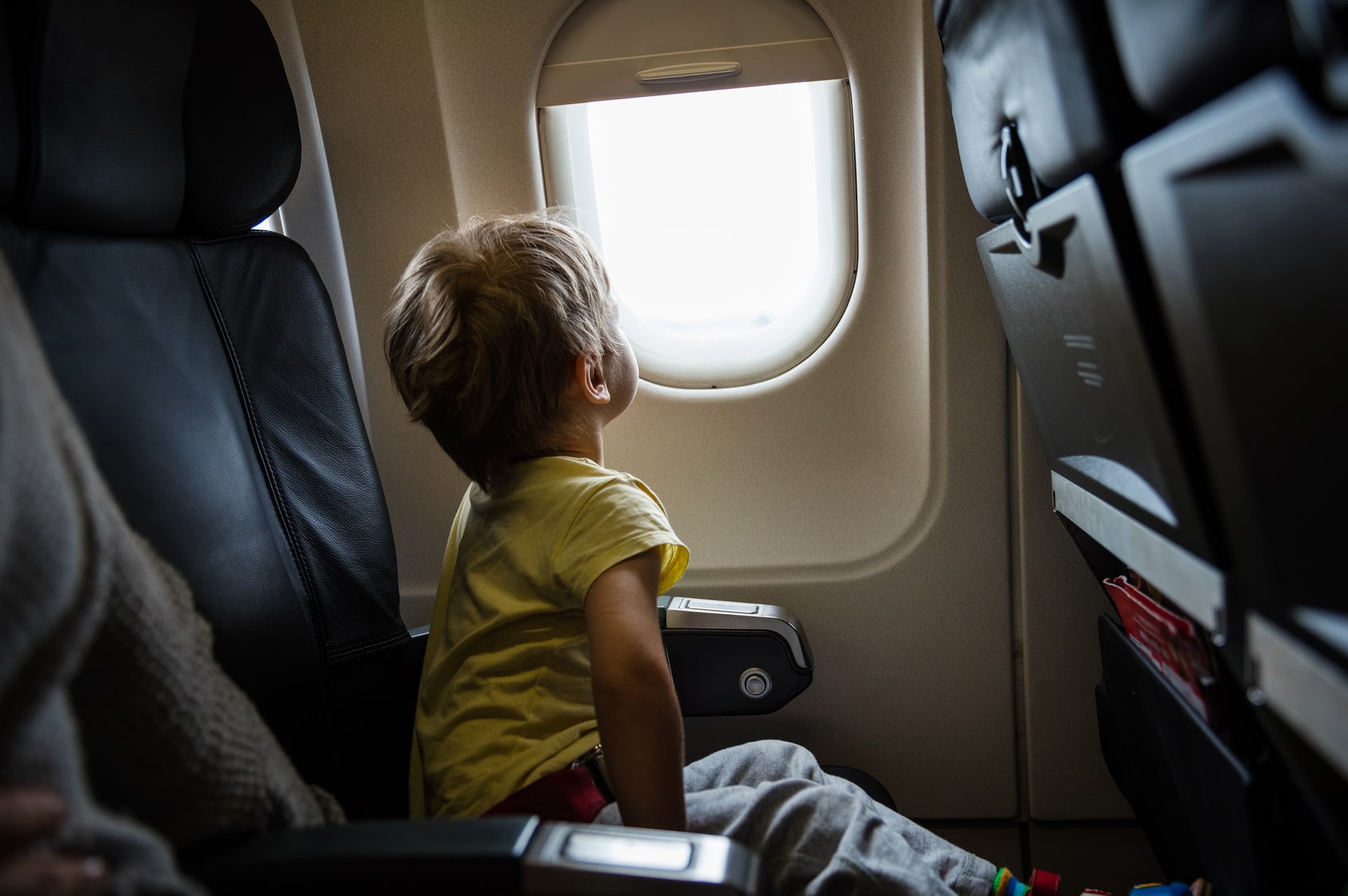Providing Notice of Overseas Travel with Children
Separated parents are often faced with a situation where the other parent wishes to travel overseas with the child for the purposes of a holiday or visiting extended family. This can make the non-travelling parent anxious about the safety of the child during the period of travel, whether the child will be returned to Australia and how they will be able to contact the child while they are overseas.
Disagreements about which parents should keep the passports of the child often arise, together with disputes about how much notice should be provided by the travelling parent and what countries the child should be permitted to travel to.
Usually, the Court will require orders which provide for the following:
- Two months’ notice to be given by the travelling parent, providing copies of return tickets, dates of departure and return to Australia, itinerary from travel agent or airline, contact details for the child whilst overseas including telephone numbers and addresses for all places the child will be staying;
- Requiring that the parent holding the passports provide them to the travelling parent no less than seven days prior to the departure, and that the passports be returned to the other parent after the child’s return to Australia.
It is often ordered that the parties are only permitted to travel to countries which are signatories to the Hague Convention on International Child Abduction and travel is not permitted to countries for which the Department of Foreign Affairs and Trade have issued serious travel warnings.
Other orders are often made requiring travelling parties to register the children with the “Smart Traveller” system prior to departure, and requiring full travel insurance for the time the children are outside of Australia.
Each case will be different and dependent on the individual circumstances of the dispute. Parties in a high conflict matter will undoubtedly require more prescriptive orders regarding overseas travel, particularly if one of the parents has family overseas.
The most important matter to consider when negotiating orders regarding overseas travel, are the countries that the children are likely to travel to, and whether those countries are signatories to the Hague Convention.







